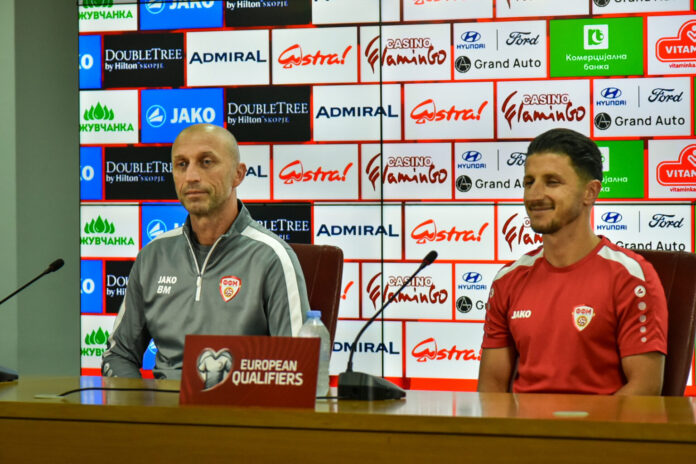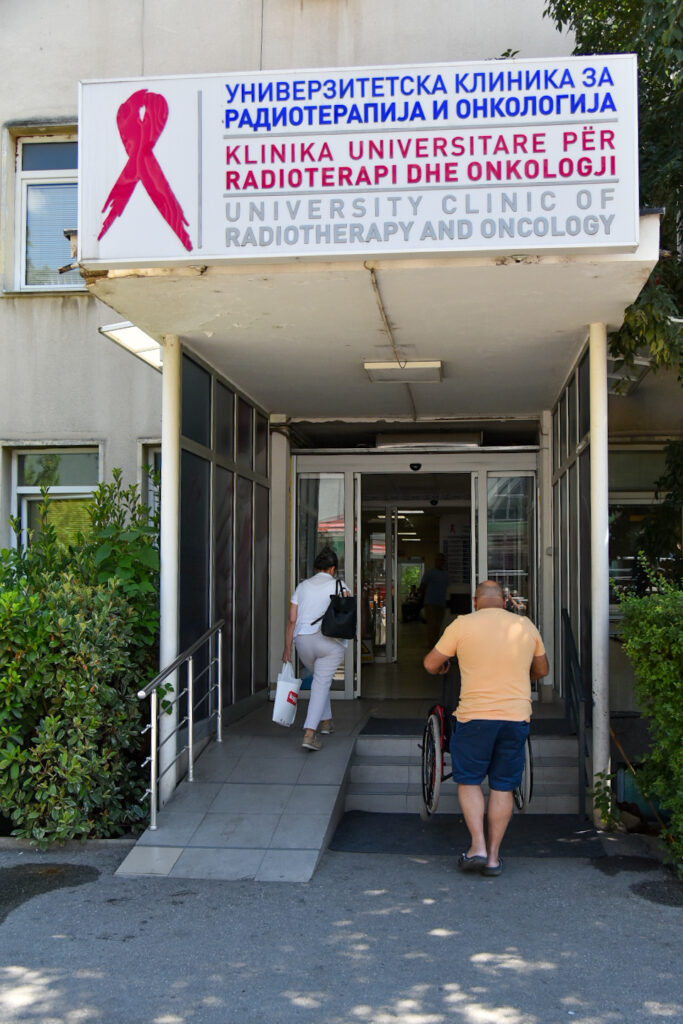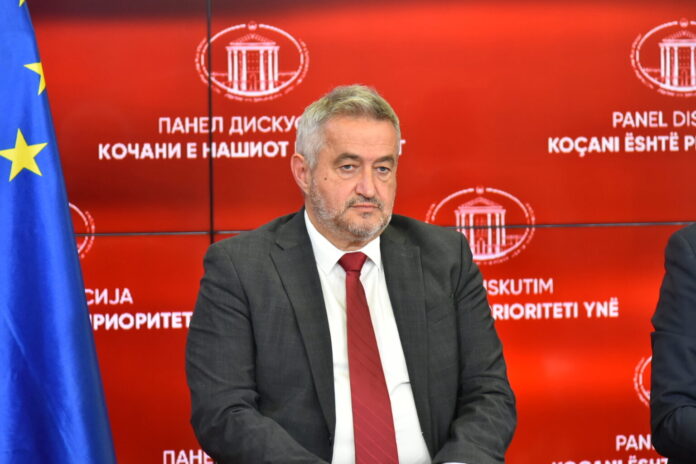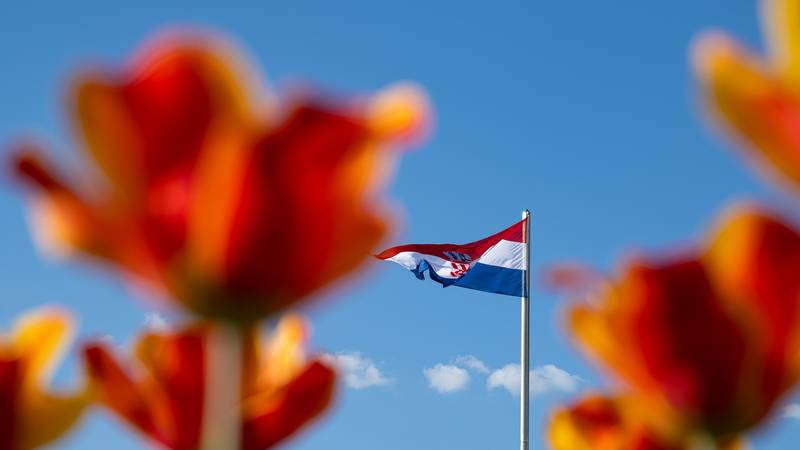Filipce insists on a leadership meeting to discuss issues important for reaching a national consensus
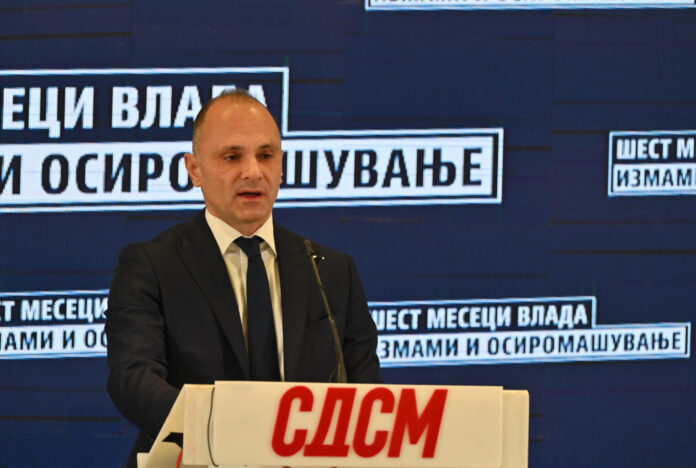
SDSM President Venko Filipce regrets that Prime Minister Hristijan Mickoski rejected his invitation to the leadership meeting before explaining what points he would talk about and which, he says, are important for a national consensus to be achieved because we live in a multinational state.
-I think that this issue should be approached very seriously. It is obvious that we may read some things differently, we may interpret them differently, if the question and opinion that the historical commission may be an obstacle to the European integration process, for example after constitutional changes, and in Protocol two, I think that is nowhere. But on the contrary, governments encourage the work of the historical commission and all decisions there are made by consensus. So the two sides must agree to the decisions before continuing, to consider the following points, as they come on the agenda – said Filipce.
The president of the opposition SDSM believes that the leadership meeting should be held, sitting at the table and talking to Prime Minister Mickoski.
-I think they are very clear the messages of the European Council President, the European Commissioner that now is the time to get a step with Montenegro and Albania, who are moving forward with big steps and expecting that for a two-three period, a maximum of four years can be on the EU threshold. So to have that moment of interpreting the protocols first, then here is a proposal from the President’s opportunity to discuss a new protocol- says Filipce.
He, as a third thing, points to find a way to modify the work of the historical commission, and as a party seeking to attend and participate foreign experts.
-For example, people who have experience in their countries on that topic Germany with Poland, Germany with Austria, etc., there is room here to work. I think the worst thing is not to try to do nothing- said Filipce.
The SDSM president stressed that he would continue to be constructive and will make suggestions that leaders of the largest parties should discuss and sit together in this time period, because, as he said, « there is obvious mood now in the European Union to support this process, and this is seen in the example of Montenegro. »
Asked if he insists again at a leadership meeting, Filipce responded that when there are some problems, unclear questions are the conversation that can be resolved, all in the interest of the state’s progress, as parties and politicians owe it to the citizens.

